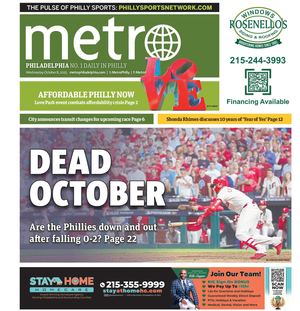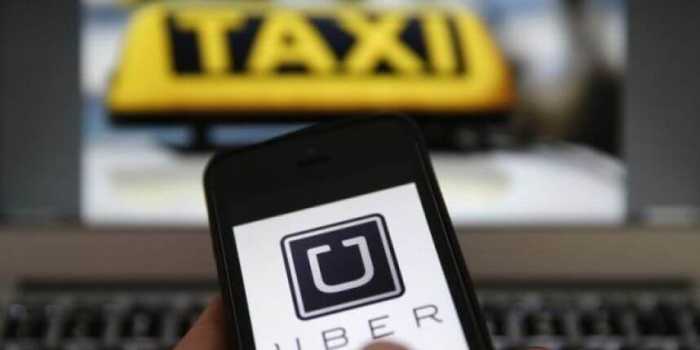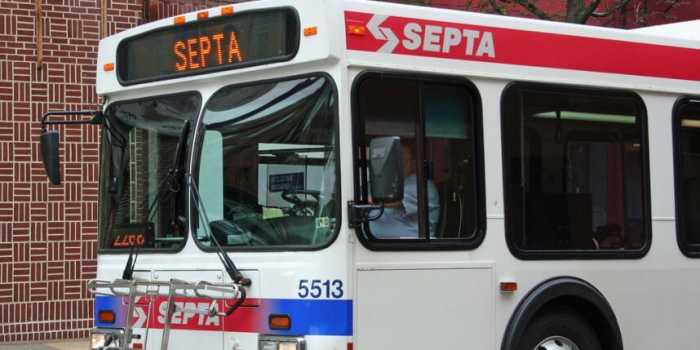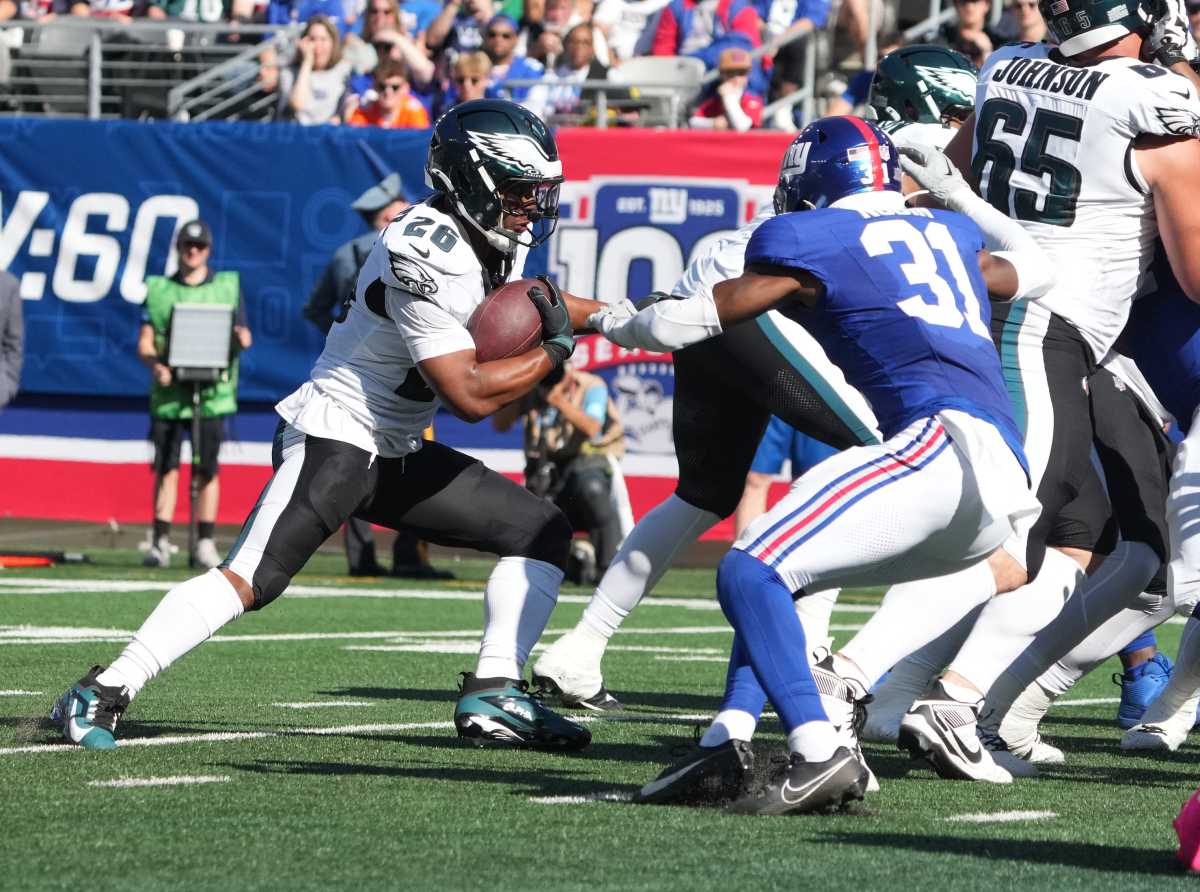Stations along SEPTA’s most-used service, the Market-Frankford Line, have been overtaken by homeless people, drug users and dealers, according to the city’s largest transit workers’ union.
“For those that don’t go underground, it’s like another world,” Willie Brown, Transport Workers Union Local 234, said earlier this month. “You’re afraid to walk down there.”
SEPTA is considering a number of options, including temporarily closing an MFL stop and bringing in security guards to accompany station cleaners, to assuage employee fears.
Andrew Busch, an authority spokesman, confirmed that there are discussions about potentially shuttering Somerset Station, a proposal first reported on by WHYY.
A decision over whether to close the station, and for how long, is expected in the coming days.
Neither of the stop’s two elevators are working, due to urine and trash, Busch said, and riders who use the station have had to deal with discarded needles and open drug use. The station lies in the heart of Kensington, long the center of the city’s opioid crisis.
However, the situation at Somerset is a microcosm of the issues plaguing the entire line. Similar problems exist along the Broad Street Line and at some Center City Regional Rail hubs, but they are more pronounced on the MFL, Busch said.
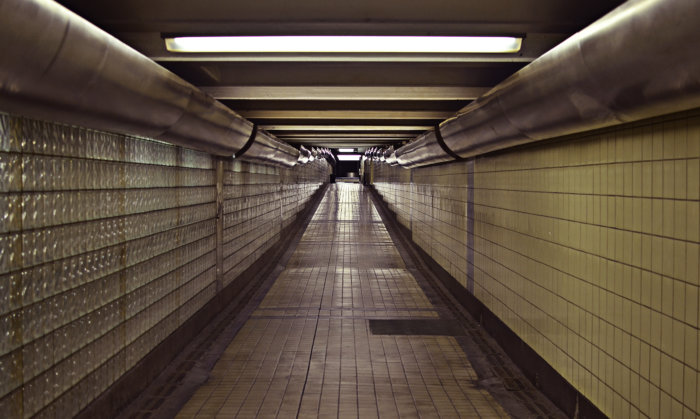
As vaccination rates increase, riders should begin returning. Trains emptied out in the wake of the coronavirus pandemic, but ridership is starting to inch up. On the MFL, it has reached 40% of pre-pandemic levels, up from 35% in January, according to Busch.
“We’re kind of at a pretty critical point here where we expect that soon some people are going to be coming back to the system,” he said. “We want to make sure the system’s ready (and) the system’s safe.”
Code of conduct violations — which include behavior such as blocking walkways and lying on seats and steps — have skyrocketed in recent months, from nearly 2,000 in November to about 3,200 in January, according to SEPTA transit police.
Some of that jump could be due to the cold weather, but many of the issues persist year-round, Buch said.
In January, transit officers made 2,357 “well-being checks,” in which they interact with people who are not conscious or alert. That’s up fourfold from each of the previous two Januarys. Likewise, incidents of loitering are up about 50%, according to the data.
Representatives from TWU Local 234 did not respond to requests for comment, but, in a video sent to members last week, Brown said SEPTA needs to make changes.
“If we don’t get action from SEPTA, we’re going to push the issue,” he said. “They’re putting our people’s lives in danger.”
In some cases, employees sanitizing stations have been threatened by drug dealers or told they have only a few minutes to clean a certain area, Brown said. Local 234 is pushing to have the authority deploy security guards with cleaning crews.
He said MFL shuttle buses, which run overnight when train service stops, are being overrun by people who refuse to pay, particularly at Frankford Transportation Center.
“People get on the bus,” Brown said. “They go back there. They shoot dope. They’re smoking weed. They’re threatening the bus driver. They’re throwing things at the bus driver.”
The union is asking SEPTA to station two transit officers at the boarding location when the transportation center is closed from midnight to 5 a.m.
Local 234’s 5-year contract expires at the end of October.
Busch said the authority is considering the union’s recommendations.
“It’s a sensitive issue, obviously,” he told Metro. “Everybody deserves to be treated with respect and dignity, and that’s kind of the balance we have to try to strike with making sure that we’re protecting our employees and riders.”
“Somebody who is just inside a station, they’re not committing a crime. They’re just seeking shelter temporarily,” Busch added. “It’s not a law enforcement solution to a problem like that.”
A program started last year pairs social workers with transit officers to help people access shelters and services. The initiative has been expanded, with SEPTA now utilizing seven outreach workers, Busch said.
Other concrete steps to improve safety for employees and riders could be announced this week.
